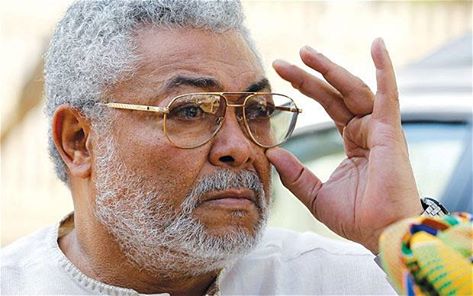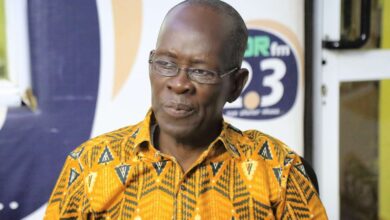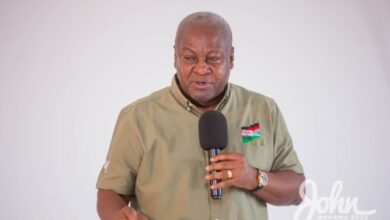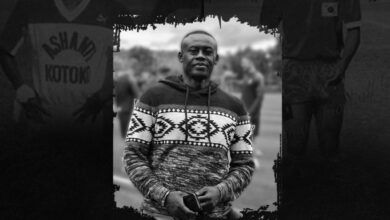
For many Ghanaians, their surnames represent their roots and they will not drop it for anything but not former President Jerry John Rawlings.
The ex-president did not bother about a change and a new surname so far as he gained the opportunity to join the Ghana Air Force in 1968 after graduating from Achimota School a year before.
Narrating how he ended up having Rawlings, his middle name as his surname, the ex-serviceman who was Ghana’s leader for about 20 years said he was born Jerry Rawlings John.
He was named after his father, James Ramsey John, a chemist from Castle Douglas in Kirkcudbrightshire, Scotland.
Mr Rawlings said in an interview on Asaase FM, which was monitored by theghanareport.com on Sunday, July 12, that ‘John’ as a last name or surname was common with the Scottish people.
However, “It was when I applied to join the Armed Forces that they replied to me, then they switched the position of ‘John’ and ‘Rawlings.’”
The former President didn’t want the name change to be an obstacle to his dreams of being a pilot in the military “so I left it as it was”.
His four children have also inherited Rawlings as their surnames.
Mr Rawlings was less than six when he told his mother, Victoria Agbotui, that he wanted to be a pilot.
Madam Agbotui, who turned 100 years old recently, would have none of that at the time.
With a slap at the back of little Rawlings, she told her youngest son, “You will be a doctor”.
The strong-headed Rawlings defied his mum and enlisted in the military, graduating in January 1969.
He was commissioned as a Pilot Officer, winning the coveted ‘Speed Bird Trophy’ as the best cadet in flying the Su-7 ground attack supersonic jet aircraft.
Although the feat won Rawlings many admirers from the senior ranks, junior ranks and his mates alike, his mother was indifferent about the award.
Mr Rawlings would later overthrow different governments in two separate coups in 1979 and 1981.
He re-introduced democratic rule in 1992, which marked the Fourth Republic of Ghana after forming the National Democratic Congress (NDC).
He transitioned from a military leader after the 1992 elections, and exited office on January 7, 2001.




